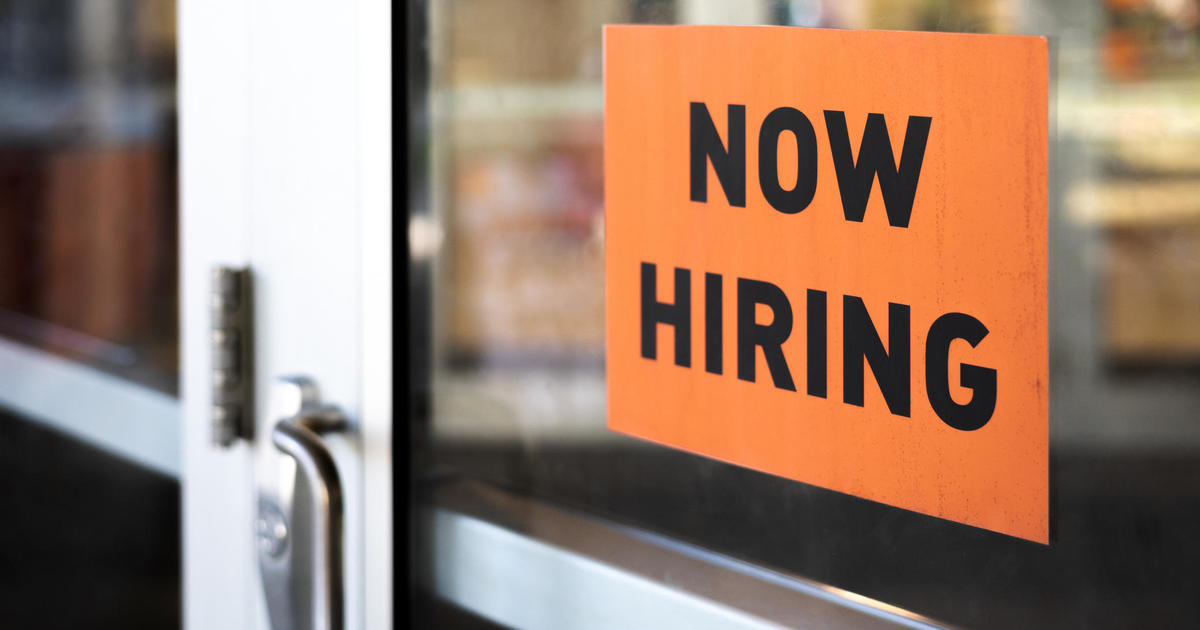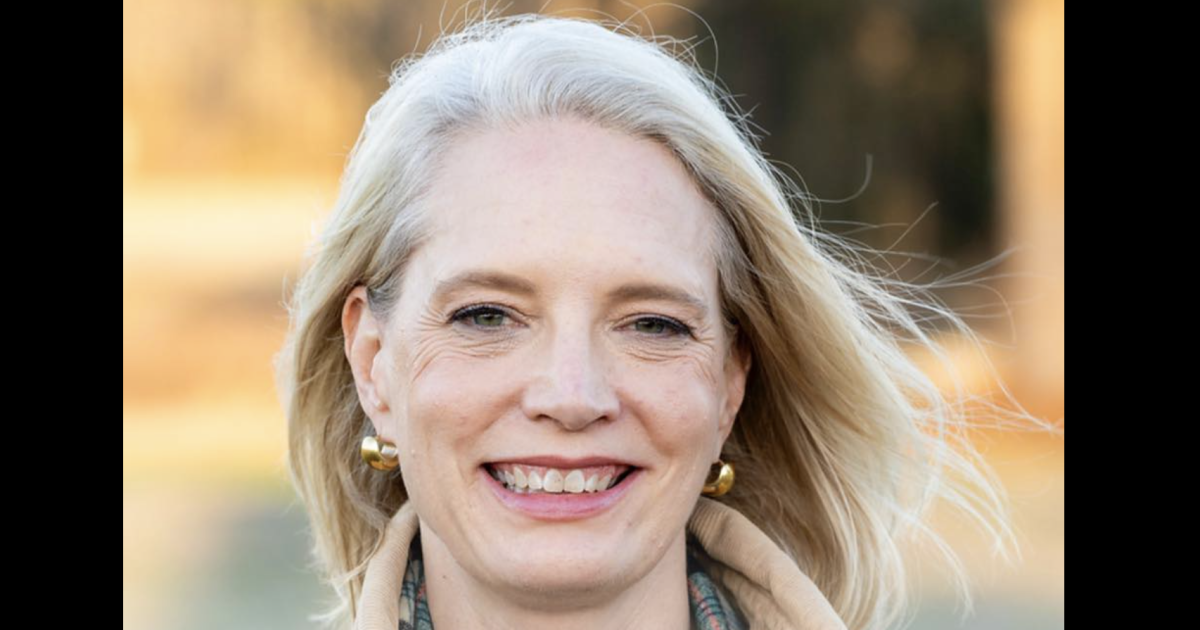In South Carolina, gobs of jobs — just not enough paying a living wage
As the Democratic presidential candidates take to the stage for Tuesday night's debate in South Carolina, they'll be speaking in a state with the nation's lowest unemployment rate — 2.3%, tied with Utah and Vermont.
But that rosy number obscures a harsher reality for many South Carolina workers: While they are employed, their low wages make it hard to pay for housing and other basics. Indeed, the state's median household income — about $52,300 last year — ranks only 42nd among all U.S. states, according to the latest Census data.
The pressures on working families in South Carolina comes as President Donald Trump touts the nation's 50-year low in unemployment and robust hiring. Yet many low- and middle-wage families around the country continue to struggle with economic insecurity. Income for middle-class Americans is projected to grow at less than half the rate as for the richest 1%, a recent Congressional Budget Office found.
Indeed, South Carolina is typical for states across the U.S., where job growth looks strong on the surface but much of that work offers meager wages and few benefits like health insurance and retirement savings. It's an issue facing growing numbers of Americans, with about 55% of the 225,000 private-sector jobs U.S. employers added in January offering wages of $10 to $15 an hour, according to an index of job quality. That translates to about $400 to $600 in weekly wages — well below the $765 in average weekly earnings for most non-government workers.
At the same time, South Carolina's economic expansion, which has lifted wages for high-earning professionals, is pushing up housing costs and pricing many workers out of the local housing market, according to the state's Housing Finance and Development Authority.
The state not only has the highest eviction rate in the country, but two-bedroom apartments in 41 of its 46 counties aren't affordable for the typical renter in the state, the housing authority says.
"You are not likely to have a huge inventory of high-wage jobs" in a state like South Carolina, which has a relatively small workforce of about 2.3 million adult workers, and is a "right-to-work" state, said Daniel Alpert, a founder of Westwood Capital and one of the creators of the Job Quality Index. Right-to-work states are those where employees don't have to join a union if their workplace is unionized.
Among the state's largest employers are manufacturers such as BMW and Boeing, yet service-related jobs are growing fast and now outnumber manufacturing jobs, according to the state's Chamber of Commerce. Leisure and hospitality jobs pay about $16.83 an hour on average, compared with $27.91 an hour for manufacturing jobs, the Bureau of Labor Statistics reports.
Lowest jobless rate in the U.S.
On its face, South Carolina has an enviable economy. Its 2.3% jobless rate tied the state for the lowest in the nation in December, according to the latest BLS data. Holding a job, however, doesn't mean workers are earning a living wage.
Rates of worker pay in the state's two largest cities tell the tale. About 44% of workers in Charleston are employed in low-wage work, earning a median wage of $10.12 per hour, according to a recent study from the Brookings Institution. In Columbia, about 45% of workers earn median hourly wages of $9.84 per hour.
The state's minimum wage is $7.25 an hour, same as the federal wage floor. One state lawmaker told a local news outlet in December that raising the minimum wage in the state is a "non-starter" because the competitive job market means that most employers are already paying higher than the $7.25 hourly base rate.
Democratic candidates such as senators Bernie Sanders and Elizabeth Warren have pointed to widening income inequality as one of the nation's top problems, with both proposing taxes on the rich to raise revenue for social programs such as universal health care and education.
But for workers in South Carolina and nationally, a bigger issue may be whether the candidates have proposals to boost anemic wages.



